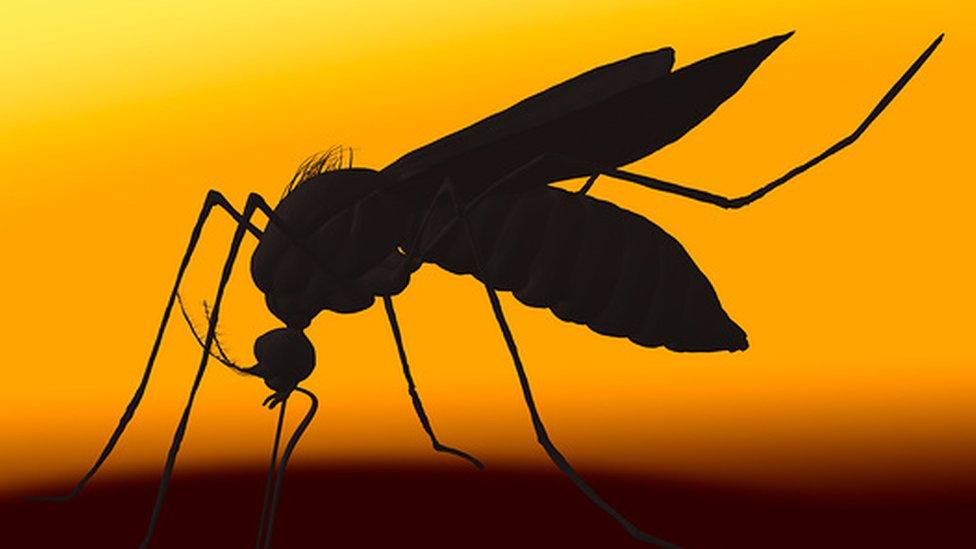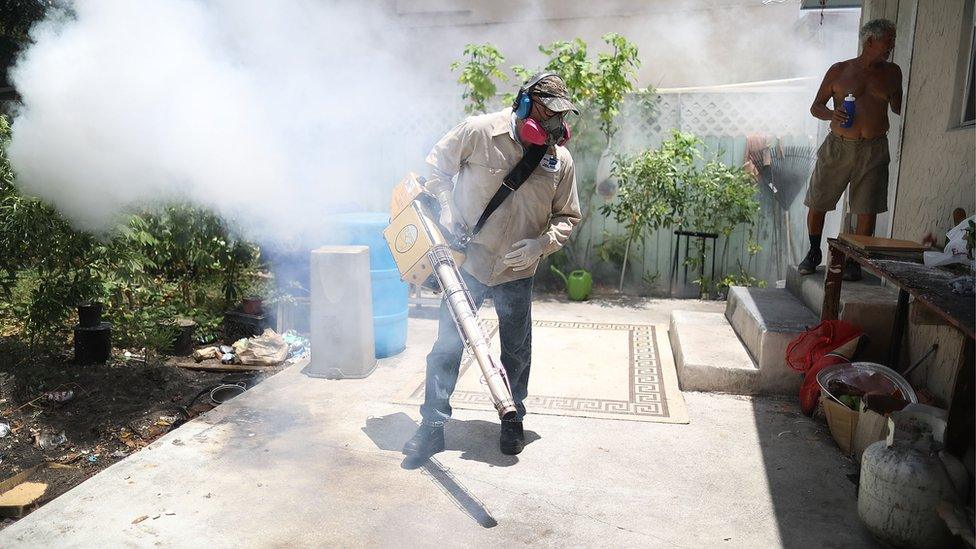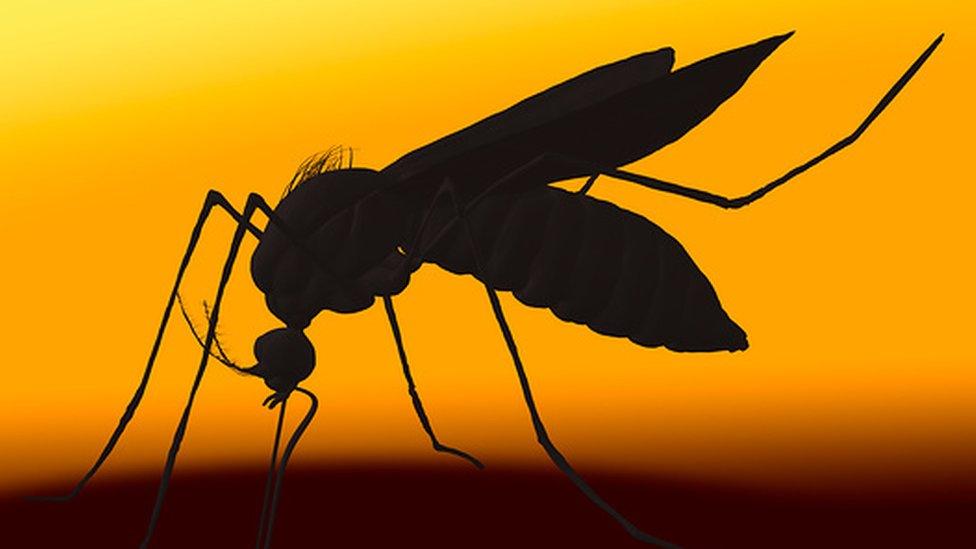Zika vaccines show early promise
- Published

Three different ways of designing a vaccine have been shown to be completely protective against the Zika virus.
Scientists found all three offered protection in tests on rhesus monkeys.
Zika has been deemed a public health emergency, because it can cause serious birth defects.
Teams around the world are working to design a vaccine that can be given to people, but it is likely to be years before any is ready for widespread use.
More than 60 countries and territories now have continuing transmission of Zika, which is carried by mosquitoes.
Read more here about the Zika outbreak
The scientists in this latest study used three different approaches often used in vaccine development - one was an inactive, and therefore harmless, replica of the virus and two others used parts of the Zika virus's genetic code.
All three offered complete protection and none were linked to major side-effects.
'Years away'
The US scientists, including experts from the military, say their results mark a further promising step forward in the search for a jab against the Zika virus.
The next step will be early trials, possibly later this year, to establish that the vaccine is safe and effective in humans.
But British experts were clear that any of the vaccines would take time to develop.
Dr Ed Wright, senior lecturer and virologist at the University of Westminster, said: "All of the vaccines currently under development are many years away from being licensed and available for widespread public use."
Jonathan Ball, professor of molecular virology at the University of Nottingham, said: "We knew that these vaccines worked in mice and now the researchers have shown that they also protect non-human primates from Zika virus infection.
"The next step will be to see if these vaccines are safe and the scientists hope to start early trials in humans to address this."
But he said there were still many questions about how a Zika virus would behave - including whether or not they would be effective in people exposed to related viruses such as dengue.
- Published4 August 2016

- Published30 July 2016

- Published28 June 2016
